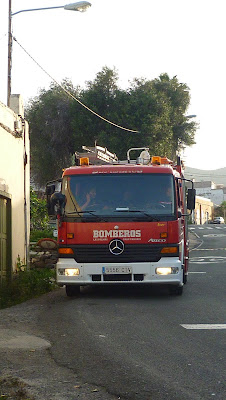Yes, that's right, 21 days have flown past and on the last count, 84 photos in my Project366 folder in Flickr - that's not counting those that didn't make it that far! Here's a selection from the third week.
Lesson ideas?
Divide class into seven groups, and randomly allocate 1 photo each (throw a dice, for example). First, elicit all the words they can think of, words which, in their mind, they can associate with the image. Get them to explain later. You (and the students) may think, oh, we've got #3, the worst. What can we say?
That's where critical thinking comes into play. Water and tiles might come into mind, right? I can think of a multitude more: rain, raindrops, dew, transparent, wet, cold, lines, squares, geometry, wall, window, glass, damp, humid, blue, colourless, odourless, etc, etc... get the gist?
Then, use their image to describe a mini story either orally (can be spoken, sung, rapped...) or written (prose, poetry, lyrics...)
Review by asking a group to describe another group's contribution.















